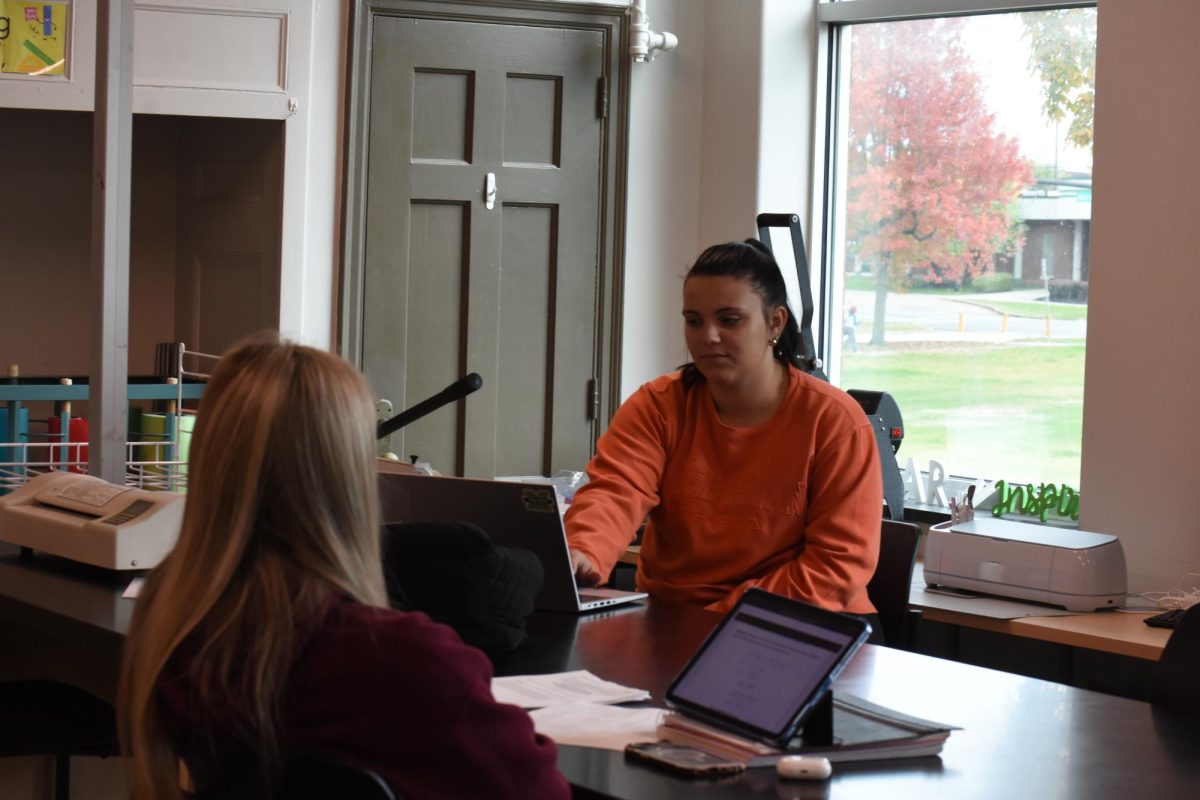Budget cuts, further restrictions on DEI, consolidation of government departments, education and more will be at the forefront of the upcoming legislative session.
One of the key issues of contention for the upcoming session will be the budget shortfall that Gov. Patrick Morrisey has claimed to have uncovered.
Marybeth Beller, associate professor of political science, said the budget deficit should be something West Virginians watch closely as programs come at risk of being cut.
“Because Gov. Morrisey has called for a strict review of all state spending and has indicated in conversations that he likes the idea of privatization, all West Virginians need to look at what the state does because there is a big, big chance that services are going to be curtailed, eliminated or privatized out,” Beller said.
The Public Employees Insurance Agency is among the departments at risk. All state employees and public agencies that receive grants through the state government are eligible to have their employees on PEIA. Effective July 1, co-pays, premiums and deductibles under PEIA are set to increase significantly.
Beller said PEIA will likely be reviewed by the legislature in the upcoming session.
“What the legislature coming into session now has to look at is whether or not they might make a state-level change – financial change in PEIA and put more money in that program,” Beller said.
Beller also said the state’s financial deficit will make it difficult to make financial adjustments to PEIA.
“Without actually raising taxes, the only recourse the state has is to cut programs,” Beller said. “Either to eliminate them altogether or to increase the costs that people pay to have those services.”
She said the upcoming legislature may consider privatizing PEIA in response.
“One of the things that is likely to happen is that the legislature might consider privatizing PEIA,” Beller said. “What we should know is that privatizing it means that the operations of the agency will go out to a private service, but the state-level funding will remain. It could mean that premiums, co-pays and deductibles might change, but those decisions would no longer be state-level decisions and would go out to the private agency.”
Caleb Ferguson, intern for Marshall University’s Government Relations Department, said Morrisey’s agenda of cutting taxes would put the government in a difficult financial position.
“We’ve seen some pretty solid income tax cuts the past few years, especially under Gov. Justice,” Ferguson said. “Gov. Morrisey wants to cut taxes even more, but the problem with that is that the state budget – where it’s at now; if you continue cutting, there’s going to have to be cuts in government.”
Ferguson said budget cuts are already coming in the form of consolidating government departments with one another. As department consolidation requires an act of the legislature, he said this will be one of the key issues of the coming session.
“We’re seeing three key areas in which they’re consolidating departments,” Ferguson said. “We’re seeing it in commerce and economic development – combining those two departments. We’re going to see arts, culture and history combined with the tourism department. And then we’re going to see, kind of on a smaller level, the Homeland Security Department is going to be put under the adjutant general.”
Ferguson also said school choice will be a key issue in the upcoming legislative session.
“Another huge issue for West Virginia is education,” he said. “There’s been this ongoing debate about the balance between charter schools and public schools. Gov. Morrisey, one of his key promises was to shift towards educational and school choice. With that, that means moving funds into charter schools.”
Another key issue relating to education is religious exemptions for vaccines for school children.
“Gov. Morrisey already issued an executive order about that, and they’re definitely going to try to push something legislatively to provide vaccine exemptions on religious grounds,” Ferguson said.
The DEI debate also remains one of the key issues facing West Virginian institutions. While Morrisey recently passed an executive order restricting the usage of state-level funds for DEI purposes, Ferguson said the legislature is likely to pursue further action.
“We’re going to see a lot of culture war, especially DEI issues, brought up this legislative session,” he said. “In regards to a bill called the ‘Restoring Sanity Act,’ I would recommend everyone look into it, especially if you’re a college student. This bill is being pushed through the Senate by Senator Patricia Rucker, the chair of the Government Organization Committee.”
“This bill would restrict the use of certain DEI standards in state institutions,” Ferguson said. “This bill also bars any effort to promote or promulgate trainings, programming or activities designed or implemented with reference to race, ethnicity, gender identity or sexual orientation and says that higher education can no longer have any inclusion offices or officers.”
West Virginia’s legislative session is scheduled to begin on Feb. 12.
Ashton Pack can be contacted at pack173@marshall.edu.




















